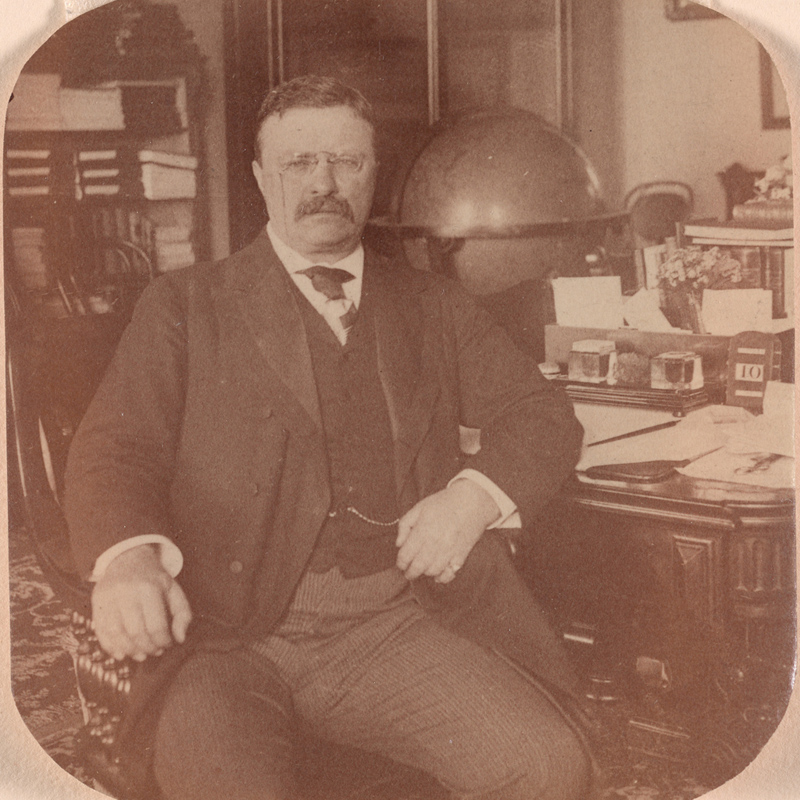The Constitution requires the president to “from time to time give the Congress information of the state of the Union.” There is no requirement that it be a speech. From Thomas Jefferson until Woodrow Wilson, this was merely a written message.
Theodore Roosevelt, who became president upon the assassination of William McKinley, spent most of his first message discussing the territories acquired in the recent Spanish-American War. He did, however, devote a few paragraphs to Indian affairs.
Roosevelt saw it as crucial to turn Indians into individual Americans and not members of separate tribal nations. He called the General Allotment Act of 1887, which broke up reservations into individually held parcels of private property, a “mighty pulverizing engine to break up the tribal mass.” His language was remarkably similar that used during the early Republic to encourage Indians to emigrate voluntarily to the trans-Mississippi West (See An Address to the Whites).
Those who favored allotment thought it would prepare Indians for citizenship by giving them incentive to farm. General William Tecumseh Sherman was more cynical. He declared, “The fastest way to civilize Indians is to teach them greed, and [the] fastest way to teach them greed is to give them private property.”
Theodore Roosevelt also spoke to the issue of educating Indians. Like Richard Henry Pratt, he believed Natives were capable of learning, but also like him, Roosevelt thought their education should be limited to basics and vocational skills.



























































































































































































































